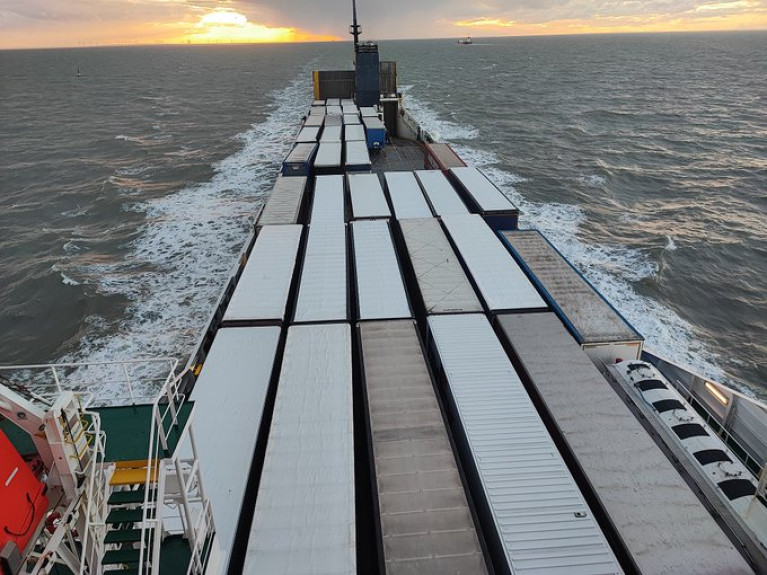Displaying items by tag: SE congestion
London Medway, part of the Peel Ports Group, has had its busiest ever month for unaccompanied freight using a cargo only ro-ro ferry service between the UK and France.
The Sheerness-Calais service which is run by DFDS (also Rosslare Europort-Dunkirk) has carried more than 3,981 trailers on its vessels across the channel in April 2022.
Unaccompanied freight, (trailers and containers shipped without a driver), is seen by some in the industry as a major way of overcoming challenges with customs delays, driver shortages and storage.
The dedicated vessel for this route, the M/V Botnia Seaways, operates between Sheerness and Calais.
The route was first introduced in June 2021 to expand DFDS’ existing network of services between the UK and Europe and came in response to the growing demand for unaccompanied freight services from cargo owners, hauliers and shipping lines.
Richard Goffin, Port Director, South East Ports Cluster at Peel Ports said: “These record-breaking achievements are a true testament to the increasing capabilities and efficiencies of our operations at London Medway, as well as our outstanding team without which this wouldn’t have been possible.
“We have invested heavily into our port estate recently, improving resiliency and capacity, providing a more attractive UK entry point over other southern ports.
“Our dedicated RoRo facilities, location and accessibility provide significant benefits for our customers, including DFDS."
“The success of the M/V Botnia Seaways vessel and the wider partnership demonstrates how London Medway is going from strength to strength and is a strong indication for our future success.”
The ports' group also operates the Port of Liverpool where Afloat has a story on educational inclusion for students across the city.
























































